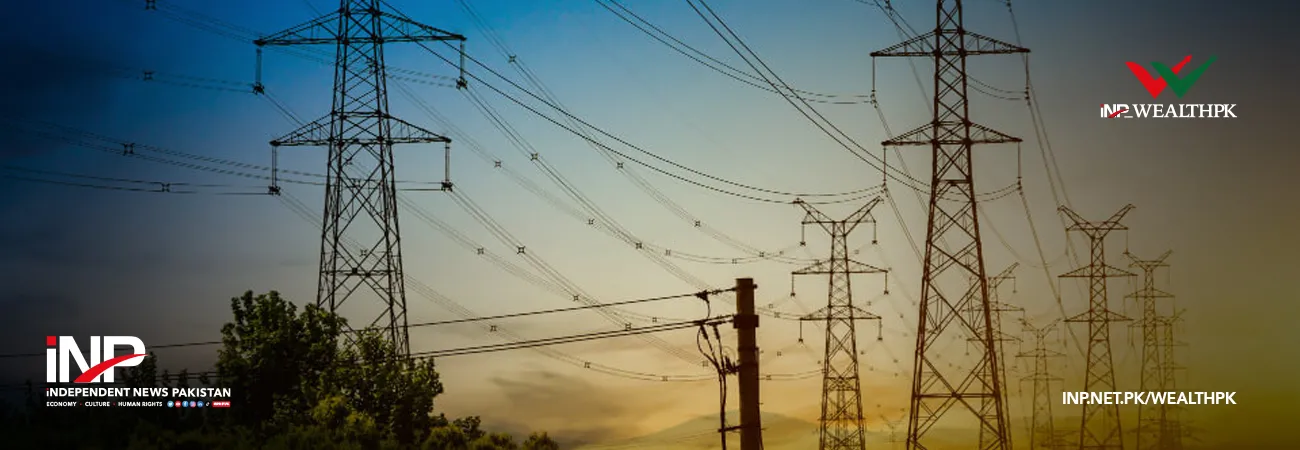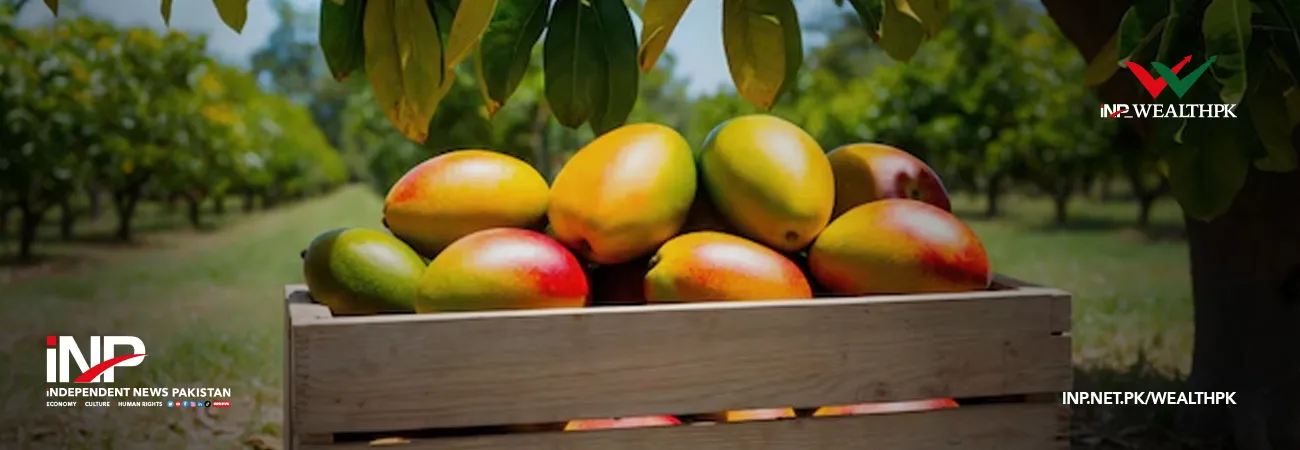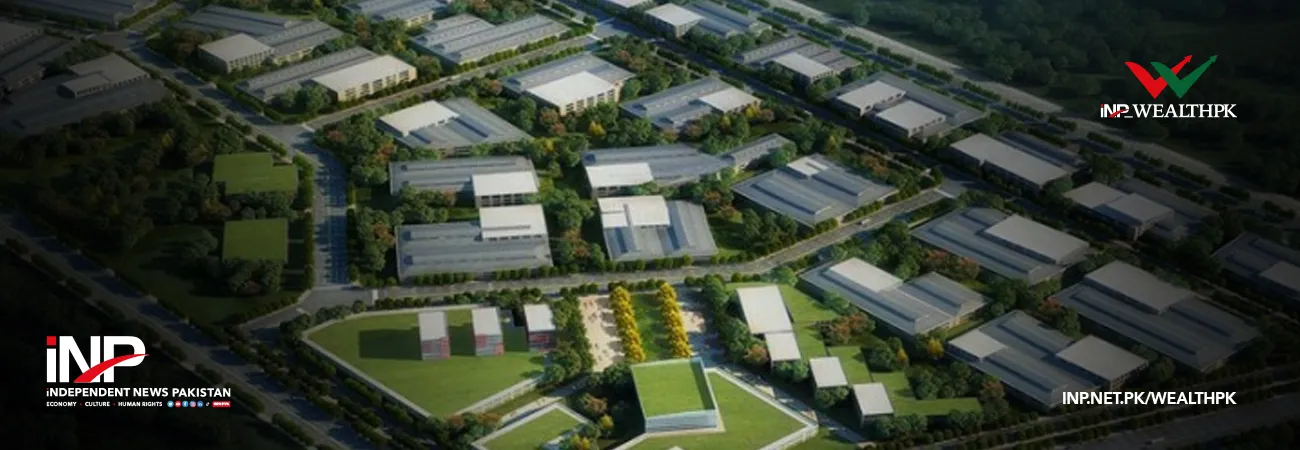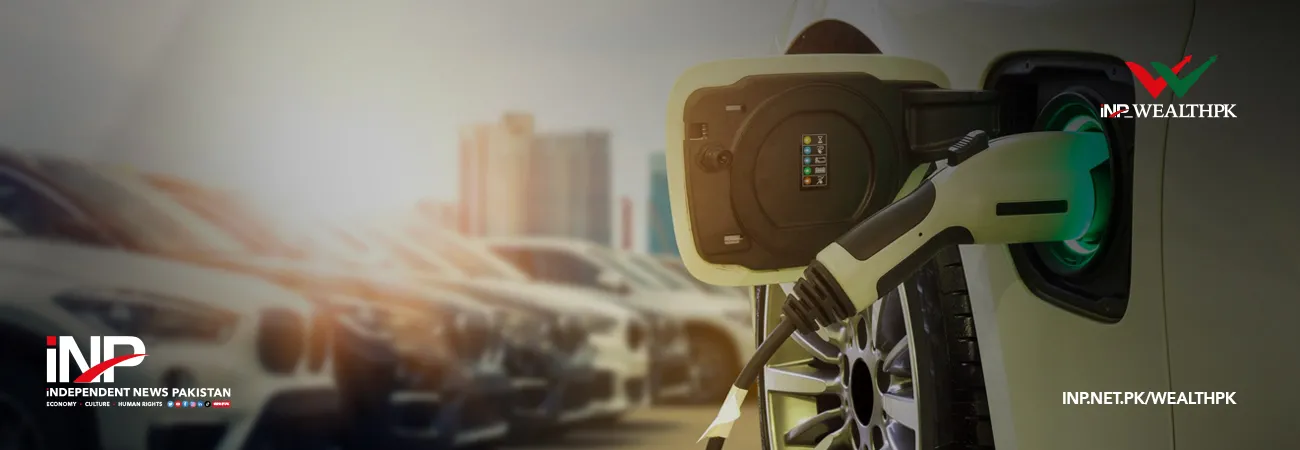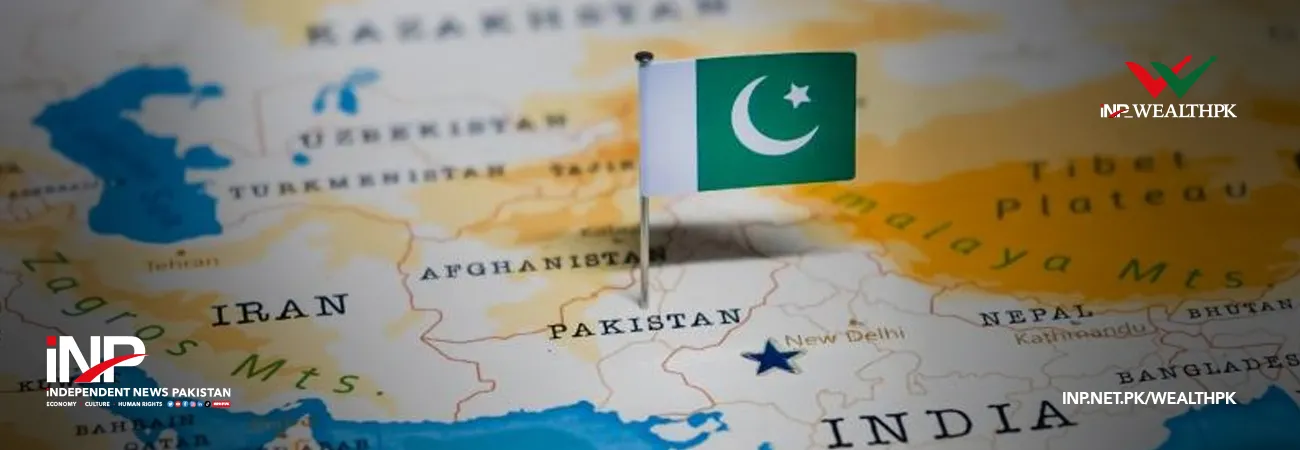آئی این پی ویلتھ پی کے
Qudsia Bano
In a bid to revamp Pakistan’s automotive landscape and align it with the global sustainability trends, the government has initiated stakeholder consultations for the forthcoming Auto Policy 2026, with a strong emphasis on liberalized vehicle imports and a strategic push for electric vehicles (EVs) under the National Electric Vehicle (NEV) Policy 2025–2030, reports WealthPK.
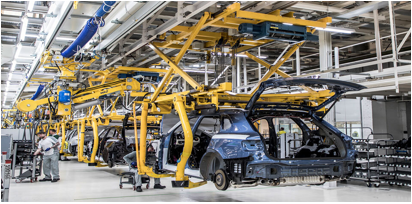
Special Assistant to the Prime Minister on Industries and Production Haroon Akhtar Khan recently chaired a high-level meeting in Islamabad with the Car Dealers Importers Association, highlighting the importance of industry participation in shaping the future direction of automotive policy.
He reaffirmed Prime Minister Shehbaz Sharif’s vision of encouraging a more open and competitive import system for vehicles, aimed at enhancing consumer choice and encouraging local manufacturers to elevate quality standards and explore export opportunities.
One of the central themes of the discussion was Pakistan’s gradual shift toward sustainable mobility. Under the NEV Policy, the government aims to convert 2.2 million vehicles to electric by 2030.
To maintain standards in the used car segment, the government plans to introduce a certification and registration framework, ensuring that imported vehicles meet defined safety and quality benchmarks. This move is expected to enhance consumer protection and foster greater market confidence.
Industry experts have responded positively to the evolving policy direction. Aqeel Hashmi, Senior Manager at Thermosole Industries and a prominent auto parts manufacturer, praised the government’s move toward opening up imports.
“The proposed policy could push local OEMs out of their comfort zones. Competition, especially from imports, forces innovation. It’s time for Pakistan’s auto industry to move beyond assembling and start investing in R&D and localization of EV components.”
Similarly, Syed Mansoor, Sales Manager at Sigma Motors and a member of Pakistan Automotive Manufacturers Association (PAMA), highlighted the importance of infrastructure development in the EV rollout.
“If the government truly wants to see 2.2 million EVs on the road by 2030, we need a parallel investment in charging stations, battery servicing, and grid upgrades. The policy has the potential, but execution will determine its success,” he added.
Another important aspect discussed was the import of commercial vehicles. Rana Ihsaan Afzal Khan, Coordinator to the Prime Minister on Commerce, assured industry representatives that the Ministry of Commerce is consulting closely with associations to ensure that the updated Import Policy Order, expected later this year, reflects the needs of all stakeholders.
The government’s dual focus on liberalising the market and supporting green mobility indicates a mature and progressive approach to policy-making. If supported by robust implementation and private sector collaboration, the Auto Policy 2026 and NEV Policy could unlock significant industrial growth, create new employment opportunities, and position Pakistan as an emerging player in the regional automotive and EV markets.
Credit: INP-WealthPk




